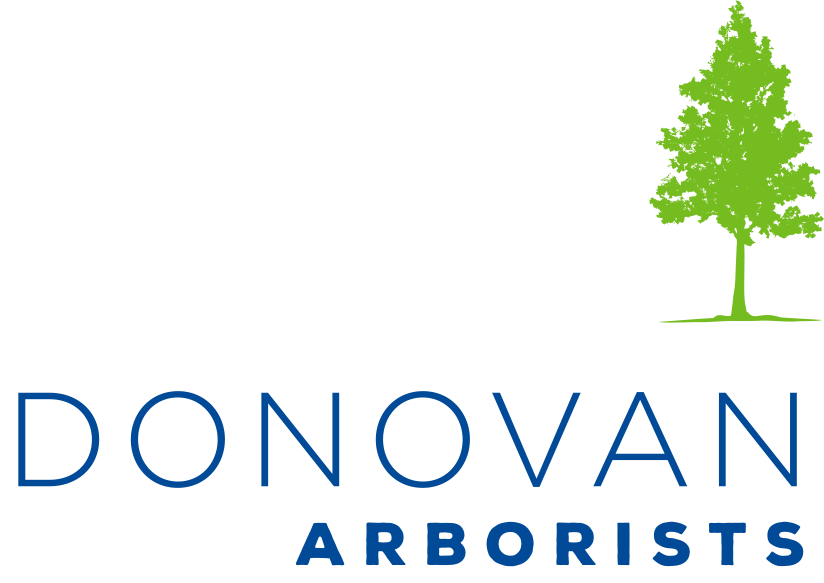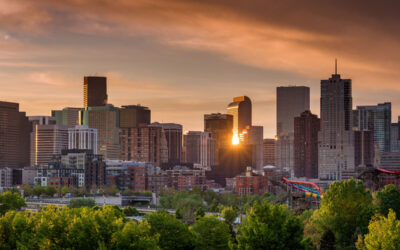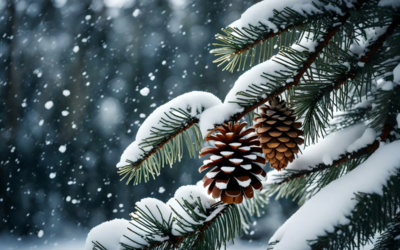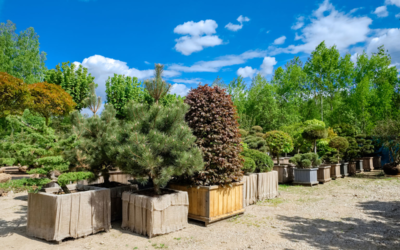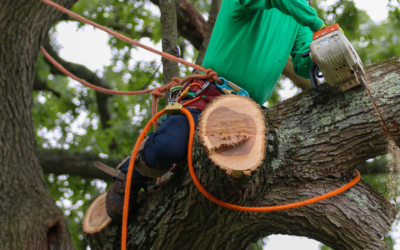In this three part series, I will explain the steps that need to be taken to successfully plant a tree in the Denver area. Some of the information will be from science and a lot of the information will be from 20-plus years of experience. That’s what I do. I assess trees for health, safety and beauty.
In general, deciduous trees are typically planted on the southwest or west side of the house. The reason for this is that they shade the house during the warm summer months, but lose their leaves and allow the sun through during the winter months to warm your house. Evergreen trees are typically planted on the northwest side of the property to block the winter winds and the summer sun. Following this simple idea can help you lower your utility bills all year long.
Site Evaluation
The first step in the process is to evaluate the site where the tree is to be planted. A proper site evaluation can save you thousands of dollars over the life of the tree. Our philosophy of “Right tree, Right Place” starts with a site evaluation.
Is the space adequate for a large shade tree? What type of soil is located at the site? Is the site shady or exposed and sunny? Are there power lines located overhead? These are just a few of the questions you need to answer before your trip to the tree nursery.
Space
A larger space without power lines overhead is ideal for a tree that will mature into a larger tree. Some of my favorite shade trees include: Catalpa, American Elms, Hackberry, Bur Oaks, Red Oaks, Norway Maples, Horse Chestnuts, Lindens and Honey Locusts. Colorado Blue Spruce, Ponderosa Pine, Austrian Pine, Southwest White Pine, Concolor Fir, Douglas Fir and Scotch Pine all do well here as well.
A smaller space or a space with overhead power lines is more suited for ornamental trees. Power lines are typically 35 feet in height. So, choosing a tree that matures to a height of 25 feet or less is ideal for plantings near a power line.
There are a lot of options for ornamental trees that do well in Colorado. There are even a few trees that have nice spring flowers and fall color. Ornamental trees come in all shapes and sizes. Most are single-stemmed but more varieties are now available with clump or multi-stem growth habit.
Soil
What kind of soil do you have? Most soils in the Denver area are compacted, clay soils that have a high PH. For starters, I always look around the neighborhood at the Silver Maples and Autumn Blaze Maples. If their foliage is yellowish, then I would recommend staying away from trees that like more acidic soils. These would include Red Oaks, Silver Maples, Autumn Blaze Maples, Sugar Maples and River Birch. If you would like one of these trees, I would highly recommend hiring a company to perform a soil test. This will give you information about your soil that will lead to making a better tree species selection.
One can only amend their soil so much. It’s wiser to match the tree to the soil than vice versa. Some people dig a large whole and back fill the hole with high grade top soil when they plant a tree. This approach usually causes a “sink effect” and the tree’s roots will not want to move into the less favorable native soil. Eventually the root system chokes itself out and the plant dies.
Research has shown that adding about 10 % of amended soil to the back fill when planting a new tree has the best, long term results. Even though 10% does not sound like a lot, it’s enough to help get the new tree established while encouraging roots to develop in the native soil.
Exposure
Most larger deciduous and evergreen trees prefer full sun exposure. They are naturally found in a forest setting where they compete for the sun. However, smaller ornamental trees can have quite different exposure requirements. People that live in older Denver neighborhoods such as Wash Park, Hilltop or Parkhill can plant trees that people in a newer development cannot. These older neighborhoods already have an established tree canopy that provides protection to the smaller ornamental trees.
If you are thinking about planting a new tree, call us today at 303-623-TREE or request a free estimate. We can help you make the right decision and save you money.
